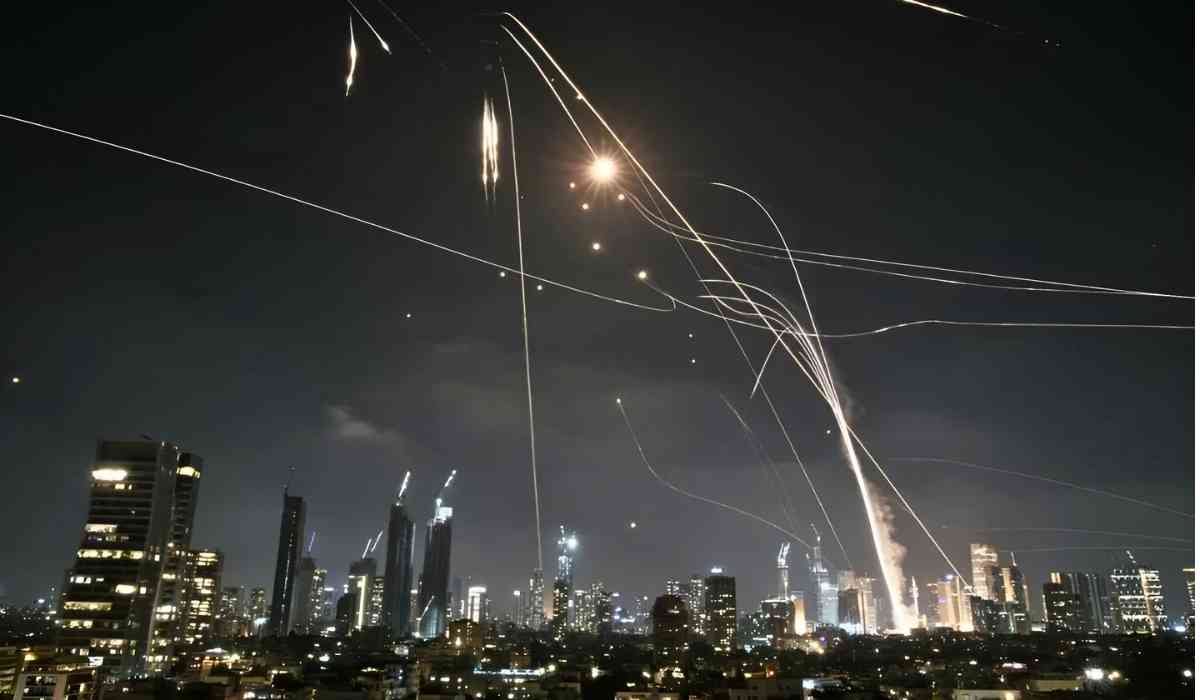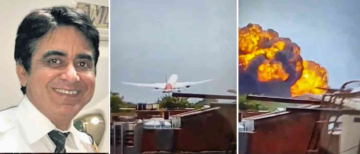In a dramatic escalation of tensions in the Middle East, missiles flew between Iran and Israel, shaking the region and drawing the world's attention. The latest conflict began after Israel launched powerful strikes on Iranian nuclear and military sites, prompting Iran to retaliate with waves of missiles and drones aimed at Israeli cities. As buildings burned and sirens wailed, Israeli Prime Minister Benjamin Netanyahu issued a bold challenge to the people of Iran, urging them to stand up against their own government.
What Sparked the Latest Conflict?
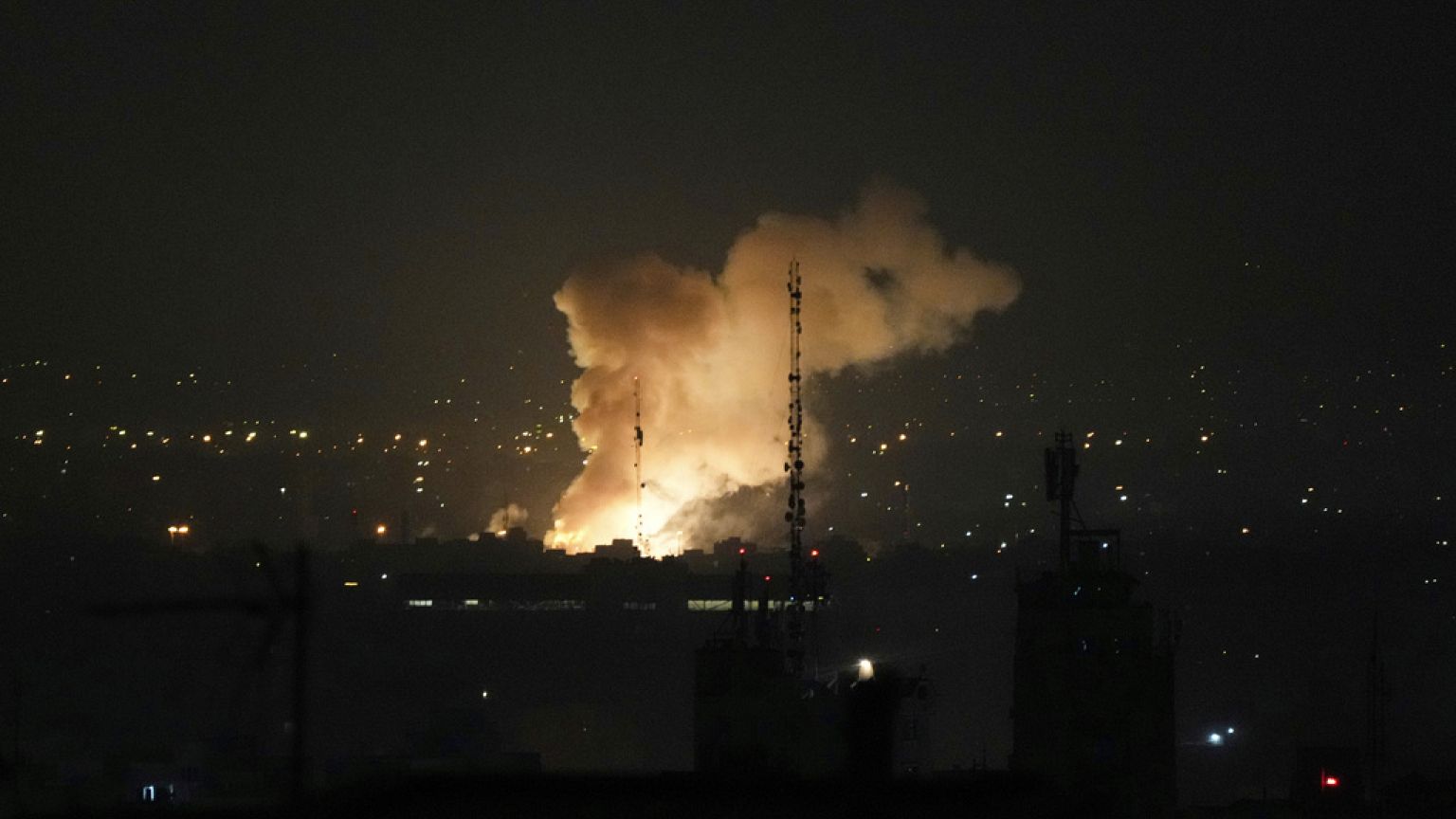
The chain of events started on Friday morning, June 13, 2025, when Israel carried out a series of airstrikes on key Iranian nuclear facilities and military targets. Among the sites hit was the Natanz nuclear plant, a crucial part of Iran’s nuclear program. The strikes killed several top Iranian military leaders and nuclear scientists, including high-ranking members of the powerful Islamic Revolutionary Guard Corps (IRGC).
Israel explained that these attacks were necessary because they believed Iran was getting very close to building a nuclear weapon.
Netanyahu said, “If we don’t attack, then it’s 100% that we will die,” highlighting the sense of urgency felt by Israeli leaders.
He also hinted that the decision to strike was made after intelligence showed Iran was ramping up its missile production and moving quickly toward weaponizing its nuclear program.
Iran’s Response: Operation True Promise III

Iran responded swiftly and forcefully. Within hours, it launched over 150 ballistic missiles and more than 100 drones at targets across Israel, in what it called “Operation True Promise III”. Sirens blared in Israeli cities, including Tel Aviv, as people rushed to shelters. Israel’s advanced missile defense system, the Iron Dome, intercepted many of the incoming threats, but some missiles got through, causing damage to buildings and injuring dozens of civilians.
Iran’s leaders said their attacks were a direct response to what they called a “declaration of war” by Israel. They promised more retaliation if Israel continued its strikes.
Netanyahu’s Message to Iranians
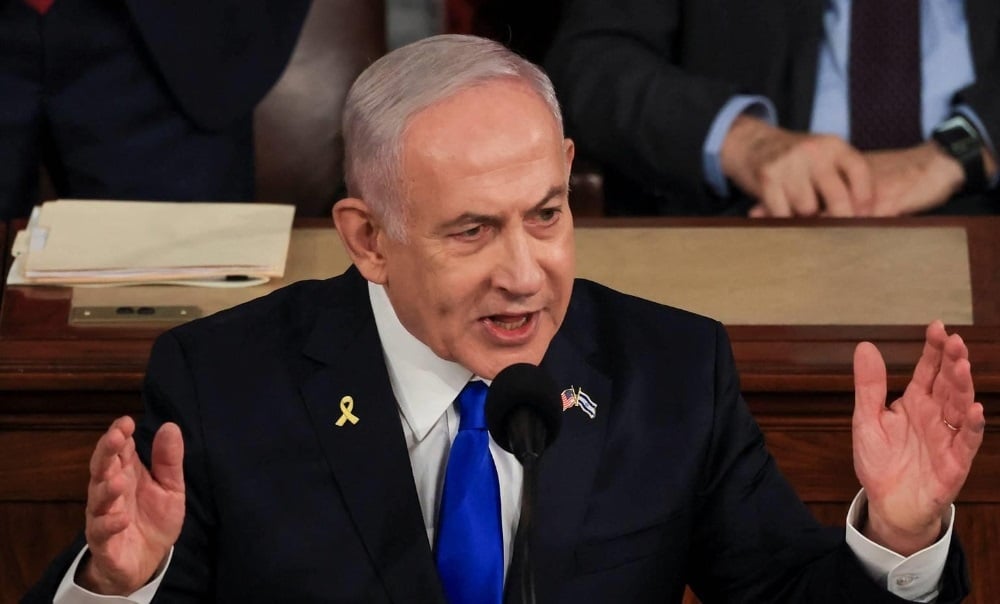
After the exchange of missile attacks, Prime Minister Netanyahu delivered a message not just to his own people but directly to the citizens of Iran. He urged them to “rise up for freedom from evil and regime,” suggesting that now was the time for ordinary Iranians to challenge their rulers. Netanyahu’s hope is that the pressure from these strikes might trigger unrest in Iran and possibly even lead to a change in government.
Many Iranians are already frustrated with their country’s economic problems, strict rules on freedom of speech, and limits on women’s and minority rights. However, experts warn that while Israel may hope for a popular uprising, the outcome is far from certain. Iran’s most powerful leaders are in control of the military and economy, and they are unlikely to give up power easily.
What Are the Risks?
This latest round of violence is extremely risky for both countries and the wider region. Israel’s goal is to stop Iran from developing nuclear weapons, but some analysts worry that these attacks could actually push Iran to speed up its nuclear program instead of slowing it down. The situation is also dangerous because it could draw in other countries and lead to a much larger war in the Middle East.
The United States, a key ally of Israel, has said it was not involved in the strikes but had given Iran a 60-day ultimatum to reach a new nuclear agreement before the attacks happened. After the missile exchanges, the U.S. evacuated some of its military personnel from Iraq and other parts of the region as a precaution.
The Human Cost
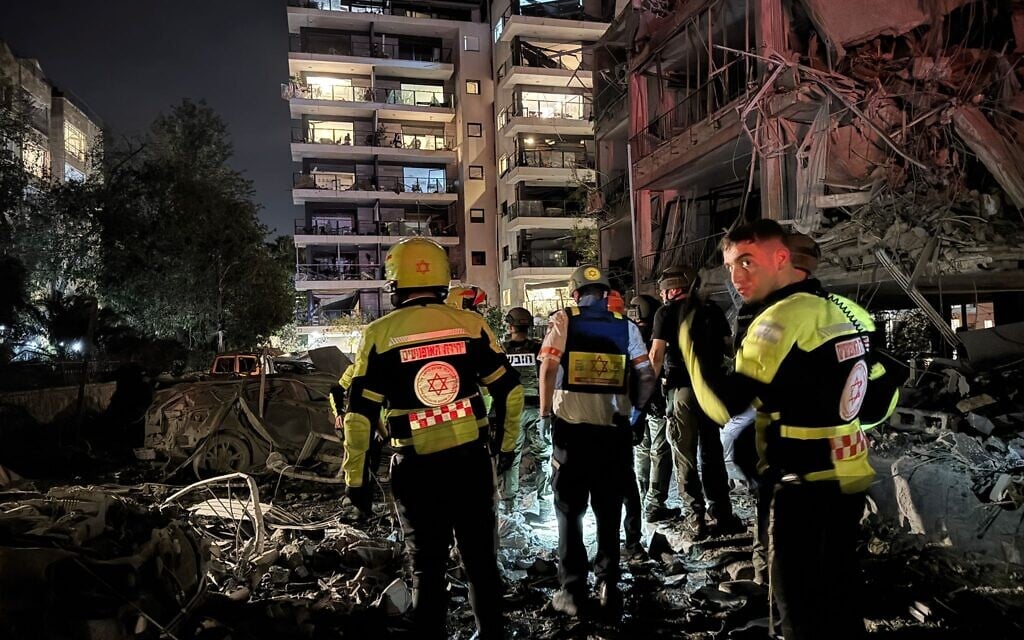
As with any conflict, ordinary people are suffering the most. In Iran, officials reported dozens killed and hundreds injured in the Israeli strikes, though these numbers have not been independently confirmed. In Israel, missile attacks caused injuries and damage, with emergency services rescuing people from burning buildings in Tel Aviv. The fear and uncertainty have left families on both sides living in fear.
What Happens Next?
The situation remains tense and unpredictable. Netanyahu has warned that more Israeli strikes could be on the way, and Iran has promised further retaliation if attacked again. Both sides seem determined not to back down, and the risk of a wider war is real.
Looking at the events, it is clear that both Israel and Iran feel threatened and are acting to protect what they see as their national interests. Israel is worried about the possibility of a nuclear-armed Iran, while Iran sees itself as defending against foreign attacks. The people in both countries, however, are the ones who suffer the most from this cycle of violence.
The hope for peace remains slim as long as both sides continue to escalate. Diplomacy and dialogue, though difficult, are the only real ways to break the cycle and bring stability to the region. For now, the world watches anxiously, hoping that leaders will choose words over weapons before the conflict spirals out of control.
With inputs from agencies
Image Source: Multiple agencies
© Copyright 2025. All Rights Reserved Powered by Vygr Media.

